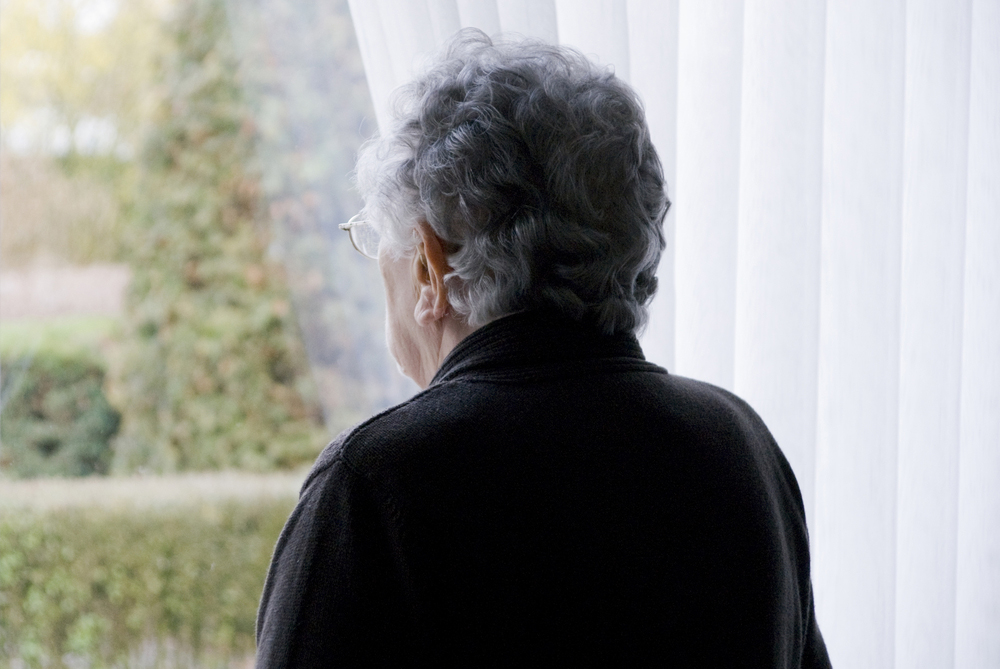Depression is a potentially debilitating mental health challenge that affects millions of people worldwide. While the causes are complex and varied, loneliness and isolation are significant factors – especially among older adults.
Older adults are more vulnerable to loneliness because they are more likely to face traumatic life events such as the deaths of loved ones. Some forms of disability that occur as part of the natural aging process can also make people feel isolated and misunderstood. For example, hearing loss can cause frustrating communication difficulties that may undermine relationships with friends and family.
Health Risks of Loneliness
Though it’s challenging to quantify social isolation, evidence suggests many adults aged 50 and older are lonely in ways that put their health at risk. For example, loneliness significantly increases the risk of chronic conditions like dementia and heart disease. Older people with depression can also self-harm or develop suicidal tendencies.
Lonely people experience worse sleep quality, diminished executive function, accelerated cognitive decline and impaired immunity at every stage of life. Depression often makes people less likely to exercise, go outside and do activities like volunteering – all of which have proven mental health benefits.
A Kaiser Family Foundation report correlates loneliness with maladaptive coping behaviors. For instance, the survey shows 43% of Americans who felt lonely turned to binge eating, 34% smoked cigarettes and 21% self-medicated with alcohol and drugs.
Social Isolation Is Unhealthy
Though it’s possible to be alone without feeling lonely, chronic loneliness can become problematic. Humans evolved to live in large, social groups, which may explain why loneliness takes such a grave toll on people’s health and well-being. In the absence of someone to talk to and help them solve their problems, an older adult who lives alone may become overstressed, irritable or hypervigilant.
For those without social connections, a doctor’s appointment or visit from a home health nurse may be one of the few in-person encounters they have. These wellness checks are an excellent opportunity for health providers to identify people at risk for loneliness or social isolation.
In the absence of encouragement from family or friends, older adults may also fall into unhealthy habits like drinking, drug use and eating or sleeping too much or too little. These can worsen feelings of loneliness by impacting their physical and mental health.
Finding Recovery at Hemet Valley Recovery Center
Anxiety, depression, grief and loneliness are common mental health problems among older adults, and a co-occurring chemical dependency can worsen these issues. In addition, older adults may be ashamed of their substance abuse and choose to hide it instead of seeking professional help.
At HVRC, we have created an alcohol and drug rehab program tailored specifically to the unique needs of clients 55 and older. These clients begin their healing journey in an age-specific, judgment-free peer group. They find comfort in receiving daily check-ins from our medical doctor with treatment in an ASAM-accredited hospital. To learn more about starting recovery here, contact us today.


